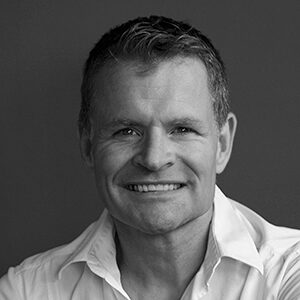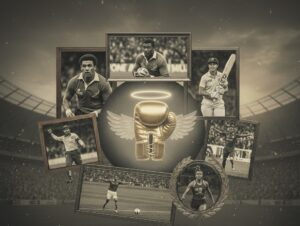South Africa’s rugby, cricket, and football teams have achieved synchronised success under visionary coaches Erasmus, Conrad, and Broos, revitalising national pride.

Strange days, indeed.
In a remarkable turn of events, South Africa’s sporting landscape has been revitalised by a trio of visionary coaches.
Rassie Erasmus, Shukri Conrad, and Hugo Broos have not only resurrected the nation’s rugby, Test cricket, and football teams but have also achieved a rare feat: synchronised success.
Not since the mid-1990s has South Africa enjoyed such an uncommon achievement. Back then, the Springboks were basking in the warm glow of maiden Rugby World Cup success, the Proteas were formidable Test campaigners – 14 wins in 23 series (including three one-offs) with five draws through the decade – and Clive Barker’s team were the kings of Africa, having been crowned continental champions in 1996.
Those were the days.
After some years of neglect and under performance across all three disciplines, these coaches have aligned their strategies and philosophies, leading their teams to new heights and rekindling the pride of an expectant nation. For years, rugby has taken the high road, but now it’s been joined by the other two constituents of the Big Three as a reminder of the glory days in the 1990s.
It’s an uncommon golden era where South Africa’s sporting giants again march in unison, heralding a future brimming with promise and triumph.
The world number one Springboks are threatening to go three from three at the World Cup, the Proteas will contest Test cricket’s championship final in November and Bafana Bafana are in the pound seats as they chase down a spot in the next World Cup.
How did this happen?
In the first instance, Erasmus has been a radical figure for South African rugby. Taking over as head coach in 2018, his strategic nous and ability to build team culture have been extraordinary. Better still, he understands the South African psyche and what it takes to both produce the goods and satisfy a demanding public, who adore him.
When he was appointed and tasked with winning the World Cup, all he asked was that his bosses get out of his way. They agreed.
It’s true that he’s been blessed with some remarkable talent, but the Boks have always had talent. What they haven’t always enjoyed is the means to nourish and unleash it.
Conrad, the former all-rounder, has brought a freshness and vitality to SA cricket. Since taking over the Proteas’ red-ball team, he has implemented a strategy reminiscent of Erasmus’ approach.
By identifying players with the right personality (and character) and potential, Conrad has built a team capable of competing at the highest level. There are no superstar batsmen, but collectively the team is packed with grit and guile. They know how to guts out a result and clearly enjoy themselves.
The Proteas have enjoyed a remarkable run, winning seven consecutive Test matches and qualifying for the World Test Championship final. Conrad’s boldness, which included backing Temba Bavuma as captain, and ability to foster a winning mentality have been instrumental in the team’s resurgence.
Broos, meanwhile, has revitalised South African football since his appointment as head coach in 2021.
Known for his tactical prowess and disciplined approach, the inscrutable Belgian has instilled a sense of belief and unity.
Two things have largely determined his approach: he speaks his mind and he saddles his locally-based players with responsibility. He fundamentally believes in them.
Under his guidance, Bafana Bafana have achieved significant milestones, including qualifying for major tournaments and securing crucial victories against formidable opponents. Broos’ emphasis on team work and strategic planning has inspired sustained success: in 39 matches, Bafana have lost just six times against 20 wins and 13 draws.
When he arrived, they were ranked 75th in the world. The trajectory has since headed north: they are now 57th.
Getting the three men in a room at the same time would be fascinating, and instructive, given their shared ideologies and commitment to excellence.
Despite the vastly different challenges and dynamics of their respective sports, Erasmus, Conrad, and Broos have all focused on building strong team cultures, making strategic selections, and fostering resilience – all within a uniquely challenging socio-economic environment.
Their success is not just testament to their individual talents but also to the potential of South African sport when guided by visionary leadership.
Their stories remind us that with the right leadership, dedication, and unity, even the most challenging periods of underperformance can be transformed into eras of triumph.






